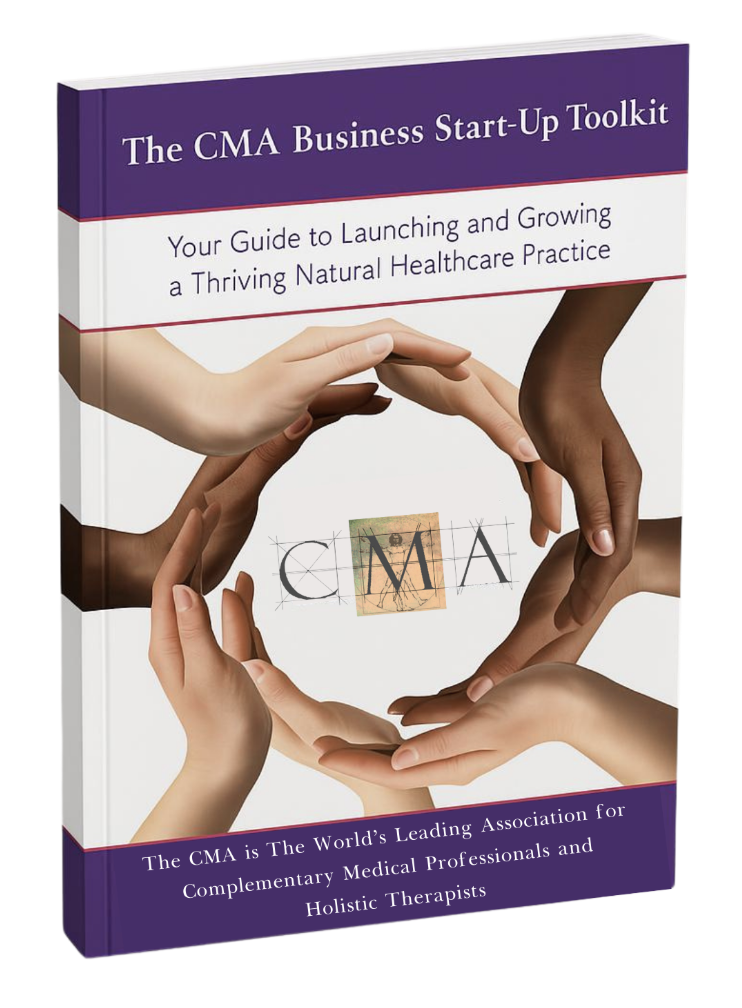What is Bulimia?
Bulimia, like anorexia, is an eating disorder.
Bulimics ‘binge eat’ food and then force their food back through vomiting or the use of laxatives. Their behaviour is often so secretive that even friends and family suspect nothing of this ritual. Those in professions where there is a great deal of emphasis on how you look, modelling, dancing, and acting are more likely to suffer with this disorder, although it can affect anyone.
Signs and Symptoms
Bulimics often stay the same weight or are even overweight even though they vomit up most of their food. In this way they are unlike sufferers of the other eating disorder, anorexia, where the sufferer becomes noticeably thin. Swollen glands in the face and neck, resulting in a ‘chipmunk’-like appearance and a constant sore throat are common symptoms, as too is damage to teeth due to vomiting (the acid in the vomit stripping the teeth of enamel), swollen hands and fingers from induced vomiting, and broken blood vessels in the face. The skin can appear yellow, the breath can smell, and hair loss can occur. Bulimics often feel weak and dizzy and are prone to premature wrinkles. Check for frequent visits to the toilet soon after eating and mood swings.
Low levels of potassium can result if the bulimic uses laxatives. Laxatives also cause rectal bleeding, constant diarrhoea, and damage to the bowel. Severe dehydration can lead to muscle spasm and eventually, cardiac arrest. As with the other eating disorders, such as anorexia, bulimia can result in death.
(See also Anorexia)
What are the causes?
There are many causes for someone to use food as a weapon with which to harm themselves. Causes may range from sexual and physical abuse in childhood to emotional issues where the use of food takes their minds off certain painful issues or memories. High achievers, who can never live up to the expectations they have of themselves coupled with low self-esteem, tend to be at risk of developing eating disorders. The need to control what they eat and how they look could be a reaction to the world they live in where ‘thin’ is perceived by many to be the mark of success and beauty, and many feel that being thin will give them acceptance and love.
Low levels of serotonin have also been found in people with bulimia much like the levels found in those with depression so there is an argument that bulimia is an illness where brain chemistry is not stable.
When eating, avoid simple carbohydrates such as sugar or white flour, as these two foods are known to trigger binge eating in many sufferers. As you withdraw from sugar, you may experience some of the following; depression, anxiety, fatigue, and insomnia.
The following information does not constitute a prescription or recommended dose –studies have been conducted using the dosages stated and are included for your information only. The nutrients mentioned here are often recommended by healthcare practitioners.
Zinc increases the appetite and, as deficiencies of this nutrient are common in bulimics, it is often this mineral that is recommended by practitioners. Take 50-100 mg daily. Be sure to check if you are taking other supplements that you do not exceed a daily dose of 100 mg. Take with 3 mg of copper.
Vitamin A for deficiency. Take 15,000 IU daily (pregnant women not to exceed 10,000 IU daily).
Natural beta carotene in cases of deficiency. Take 25,000 IU daily.
Potassium in cases of deficiency. Take 99 mg daily.
Acidophilus helps balance intestinal bacteria. Take as directed on the label but always on an empty stomach.
Vitamin C for glandular and cell function. Take 5,000 mg daily in divided doses.
Vitamin B complex needed for cellular function. Take 100 mg 3 times a day.
Vitamin B12. Your doctor may give you B12 injections, if not, use the lozenge form.
Selenium. Take 200 mcg daily.
Calcium take 1,500 mg daily at bedtime with 750 mg magnesium daily to calm and soothe muscles.
Multivitamin and mineral complex. Take as recommended by healthcare practitioner.
Free-form amino acids for protein deficiency. Take as directed on the label.
Further Information
Psychiatric help is often necessary in the treatment of this condition and, as bulimia can kill, it is essential that medical help is sought.
Go to a meeting held by Overeaters Anonymous, a self-help group. It offers a twelve-step programme of recovery for people with eating disorders, based on the twelve steps of Alcoholics Anonymous.


